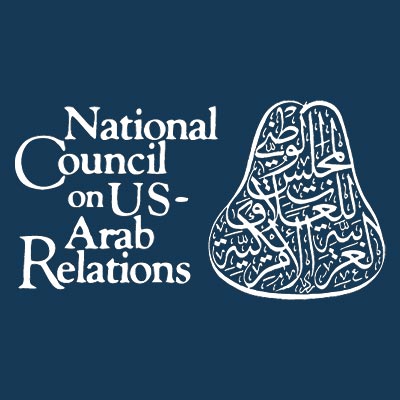KACST produces three types of drones
Source: Arab News (Read full story)
King Abdulaziz City for Science and Technology (KACST) recently produced three types of drones (pilotless planes), the first of their kind in the Kingdom, announced Khalid bin Abdullah Al-Husan, superviser of the National Center for Aviation Technology (NCAT) at KACST. The air drones, code-named Saqr 2, 3 and 4, are made of carbon and fiberglass and are characterized as light and durable to evade detection of radar and reconnaissance equipment, he explained. The drones can be programmed from a ground-based control room, he added. The newly created devices contain automatic control units, as well as logarithms programs, which can deal with and adapt to different wind speeds and temperatures, engine combustion, emergency landing or climb, or deviation from flight path, Al-Husan said.
…
OPEC output above forecast 2014 demand
Source: Arab News (Read full story)
…
The outlook could point to a challenging 2014 for the Organization of the Petroleum Exporting Countries. Rising rival output will make it harder for it to keep its own production at high rates without risking a drop in prices below its preferred level of $100 a barrel. In a monthly report, OPEC forecast demand for its oil in 2014 will average 29.56 million barrels per day (bpd), down 50,000 bpd from its previous estimate. OPEC also sees lower demand for its crude in the fourth quarter — when demand usually reaches an annual peak due to the Northern Hemisphere winter — and painted a bearish picture on the prospects for refined fuels.
…
Abu Dhabi restructures school salary scales
Source: Khaleej Times (Read full story)
…
The educational sector is considered as the vital artery for sustainable development and the ideal way for the nation’s progress and prosperity. This sector has always been in the forefront of the wise leadership of the President, His Highness Shaikh Khalifa bin Zayed Al Nahyan, who always gives directives to secure all the requirements that enable workers in this sector to fulfil their duties properly, increase their productivity and ensure a better living conditions for all of them. “The projects and initiatives launched within the educational sectors are but a manifestation of our deep pride in all workers in this sector and our appreciation to all remarkable efforts and dedication to build the UAE citizens,” Gen Shaikh Mohammed said.
…
KSA upholds human rights in letter and spirit – Khaled
Source: Saudi Gazette (Read full story)
The Kingdom of Saudi Arabia has always been upholding human rights in letter and spirit, Makkah Emir Prince Khaled Al-Faisal said during the opening of the14th Makkah Al-Mukarramah Conference here on Thursday.
Delivering a speech on behalf of Custodian of the Two Holy Mosques King Abdullah, Prince Khaled said as per the Shariah rules human rights have always been at the core of its governance since the Kingdom was founded. The conference is titled “Human Rights in Shariah and International Conventions. Prince Khaled said Islam has granted human rights and ordered “us to uphold these rights. “The Kingdom, which applies Shariah, has also been signatory to international conventions on human rights,” he said.…
Renewable energy market growing fast
Source: The Peninsula (Read full story)
…
New investment in renewable totalled $1.9bn in 2012, a six-fold increase compared to 2004, Najib Saab, Secretary General, Arab Forum for Environment and Development (AFED) said here yesterday. Delivering the key note address on the second day of IHT Global Energy Forum, Najib noted Saudi Arabia has plans to meet 33 percent of its local energy needs from renewable by 2032. Abu Dhabi has emerged as the world’s biggest Concentrated Solar Power (CSP) plant with 100 megawatt capacity. Work has started on a CSP plant in Morocco with 160-megawatt capacity. To meet the growing demand for electricity, a number of Arab countries have announced plans to add nuclear power to their energy mix, either motivated by achieving energy diversification and security in oil exporting countries as in the UAE, or as compensation for the lack of conventional fuels as in Jordan.
…
Call to naturalise some expats stirs anxiety in the UAE
Source: The Peninsula (Read full story)
…
Sultan Sooud Al Qassemi, a member of one of the UAE’s ruling families, is one of the federation’s pre-eminent commentators and also one of the most well-known Twitter users in the Middle East, with more than 250,000 followers. Qassemi’s op-ed in a Dubai daily, suggesting that citizenship could be opened to long-time foreign residents who have contributed greatly to society, argued that Emirati society was ready for change. “Perhaps it is time to consider a path to citizenship…that will open the door to entrepreneurs, scientists, academics and other hardworking individuals who have come to support and care for the country as though it was their own,” he wrote in Gulf News in September. The subsequent outcry suggested that many of his compatriots feel otherwise.
…

